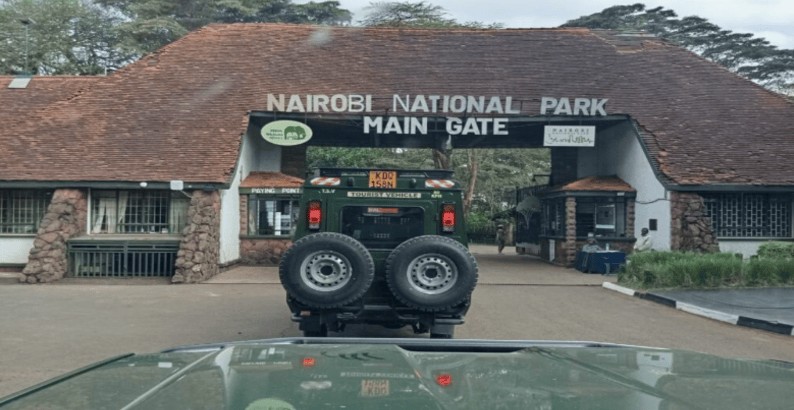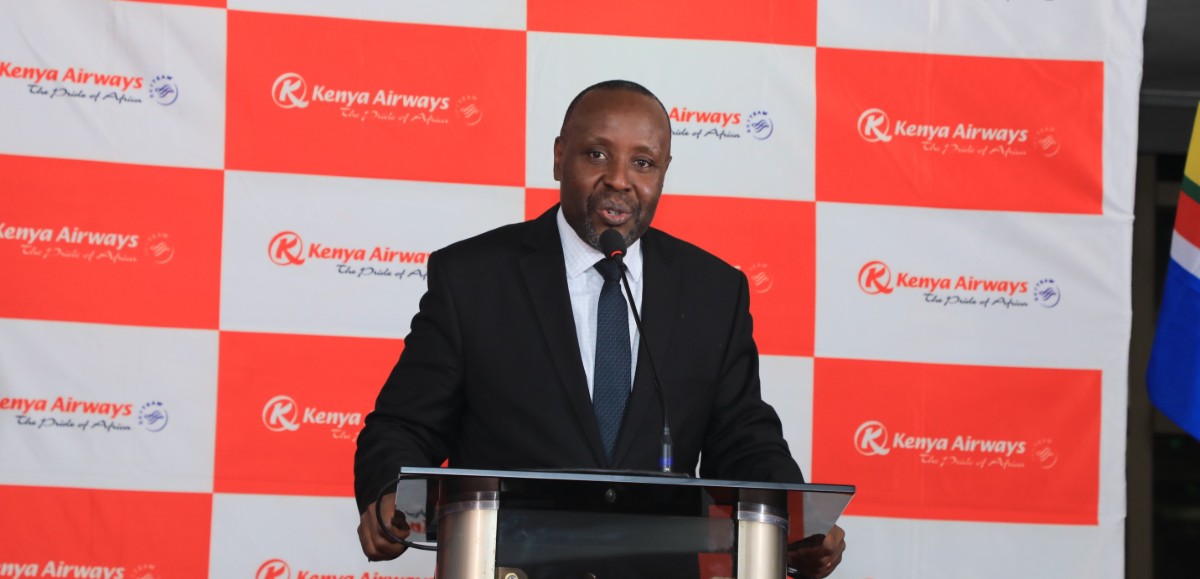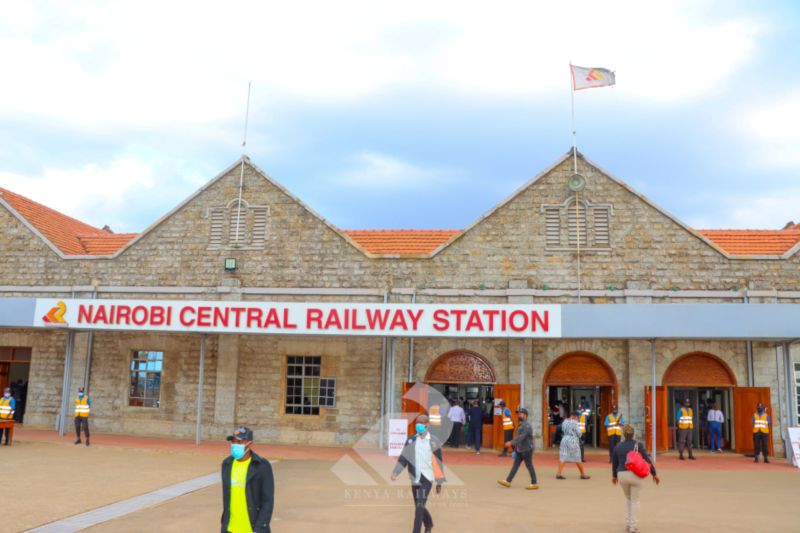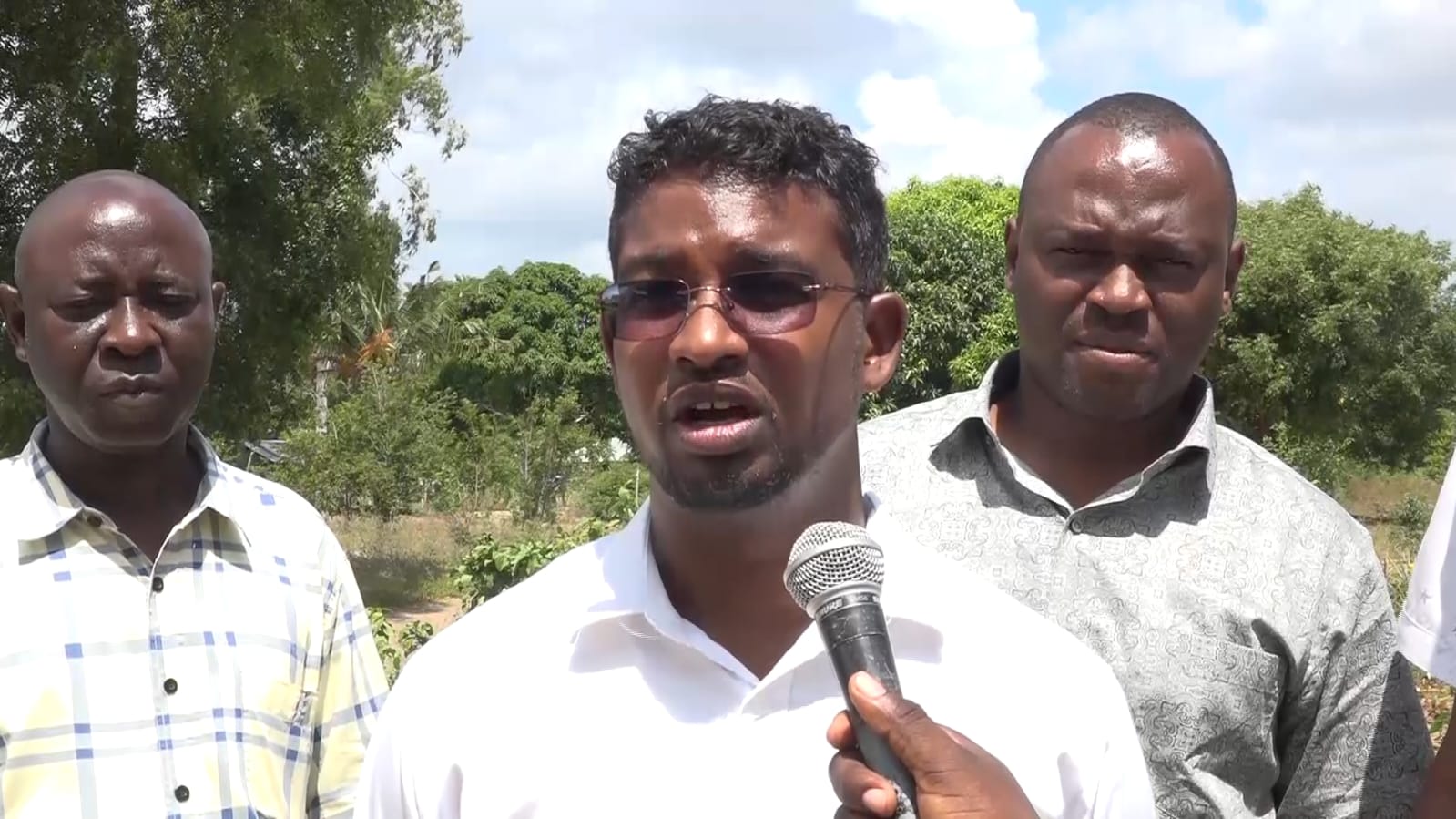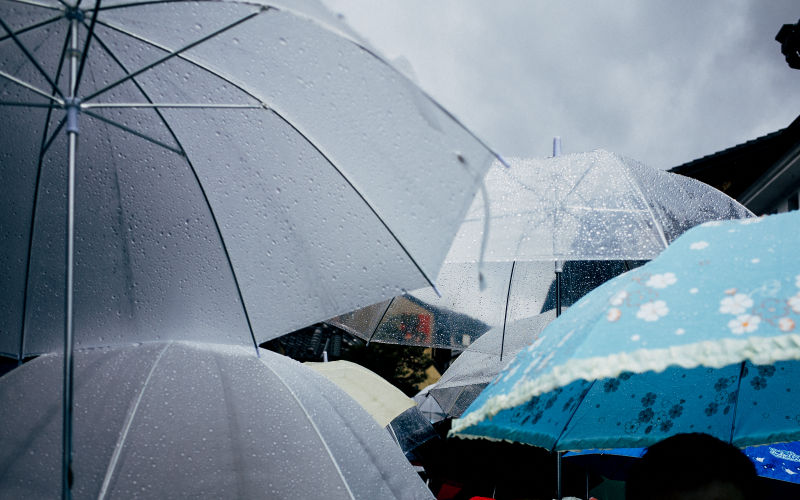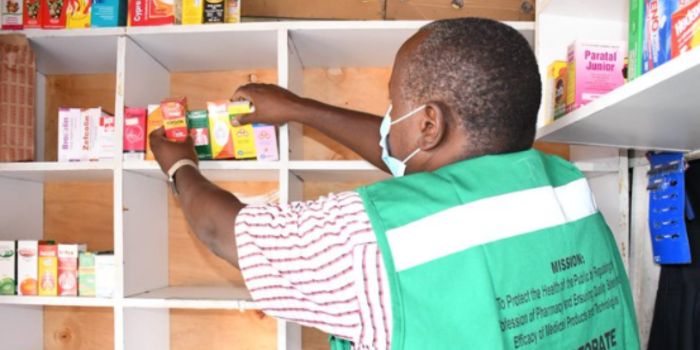Maraga says presidential bid driven by desire to put Kenya back on constitutional rails
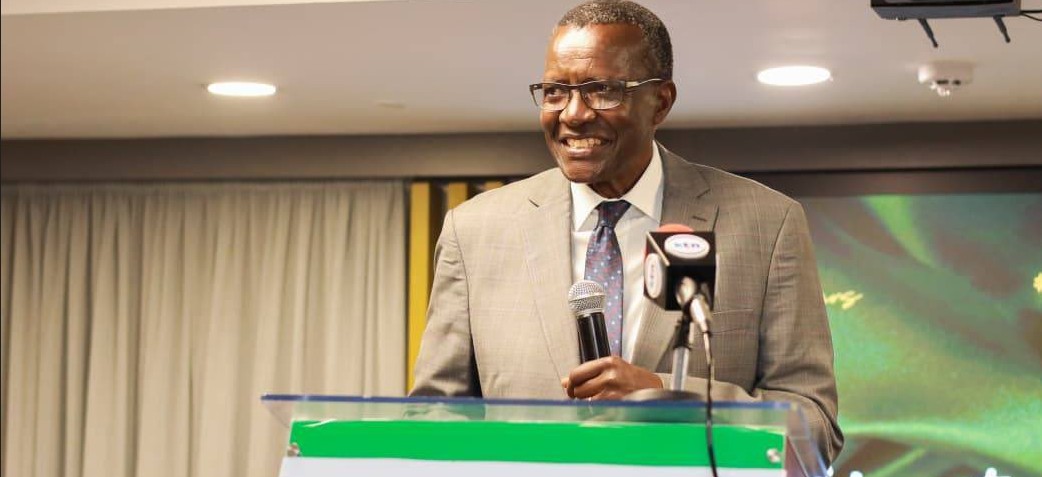
Maraga explained that this conviction inspired his decision to run for president and push the country back toward constitutionalism.
Former Chief Justice David Maraga says the country has strayed from the path set by the 2010 Constitution by failing to fully implement it.
Speaking as the chief guest at the opening of this year’s Human Rights Academy in Nairobi, the 2027 presidential hopeful said his bid for the top seat is driven by a desire to restore constitutional order.
More To Read
- Parallel statements expose deepening rift in 'United Opposition'
- Ruto and Oburu strengthen UDA-ODM alliance after by-election win
- Rights experts sound alarm on AI’s potential to target activists, undermine electoral integrity
- Former CJ Maraga condemns by-election violence, faults State for laxity
- Senator Omtatah files petition seeking to declare National Tallying Centre unconstitutional in presidential elections
- Former CJ Maraga rejects tribal politics in 2027 bid, sets coalition conditions
"I was truly humbled by how much the young people have internalised the constitution and how resolute they were and still are in demanding that the constitution defines and guides all aspects of the governance of the country," he said.
Maraga explained that this conviction inspired his decision to run for president and push the country back toward constitutionalism.
"We have one of the best constitutions in the world. But that constitution is not being implemented. After consulting with many Kenyans, I decided to offer myself as a candidate for the presidency in the 2027 elections. I have not aspired to come to that position to seek power for power’s sake. I enjoyed power, a fair measure of power. I served the country when I did and did what I think was my best and retired," he said.
Get Kenya back on its rails
He added, "I thought I had done my part, but things changed when I saw what happened last year, and as I said, after talking to friends, I thought I could contribute something. My aim in coming into this space is, if I am given that privilege to lead this country is to get it back on its rails. We are like a train which has gone off the rails. My objective is direct and simple: to redirect the country back into constitutionalism."
Maraga said this goal can only be achieved with the support of Kenyans, whom he described as a regional powerhouse with the intellectual capacity to move the country forward.
At the same time, he criticised the current leadership, accusing it of treating citizens like subjects rather than serving them.
"The leaders of this country think that Kenyans are slaves. We are being treated like slaves of the leaders; instead of them serving the country, they are seeking to be served and humiliating Kenyans in ways that are astounding," he said.
He added that holding human rights violators and corrupt officials accountable will help restore the rule of law.
"I challenge you today to find that little thing that you will do to change Kenya. Power lies with us, let us seize this moment to reset, restore and rebuild Kenya and East Africa," he urged.
Maintain solidarity
The former CJ also encouraged Kenyans to maintain solidarity with their neighbours in the region.
"What happens in Tanzania affects what happens here; that is why we must mind what happens in Tanzania," he said.
The Human Rights Academy, which opened on Tuesday, is held annually to equip human rights defenders across Kenya’s 47 counties with skills to carry out their work safely. It coincides with the global 16 Days of Gender Activism campaign against gender-based violence. This year’s focus is on tackling technology-facilitated violence against women and girls.
"The academy was born out of the realisation that across all the 47 counties of Kenya, passionate champions of human rights require very important skills to help them navigate the very rights they are advancing while defending their communities," said Mr Kamau Ngugi, the executive director of Defenders Coalition.
He noted that gaps in skills have previously led to activists clashing with the law, failing to document abuses effectively, or needing wellness support.
More constrained and dangerous
Despite growing recognition of activism in Kenya, the operating environment is becoming more constrained and dangerous, with some activists killed, others injured, and some facing serious charges.
The academy will equip participants to navigate both physical and digital spaces, which are now central to modern activism.
"We appreciate that technology comes with a lot of risks, and that is why we are investing more in ensuring that when we are using the digital space, we are doing it safely," Mr Kamau added.
Participants include human rights organisations and networks, journalists, and representatives from the French, Dutch, and Swedish embassies in Kenya.
The academy, an initiative of the Defenders Coalition, began in 2016 with only 25 participants at a time when many Kenyans were hesitant to identify as human rights defenders. It has since grown, attracting more than 200 participants this year.
Top Stories Today




